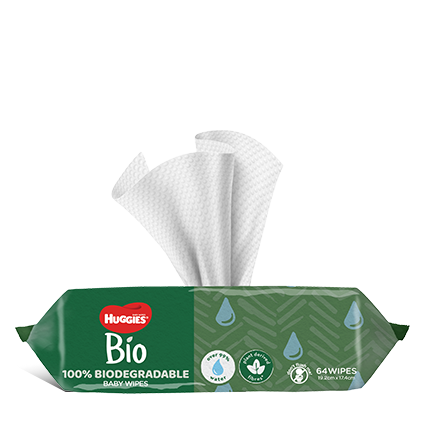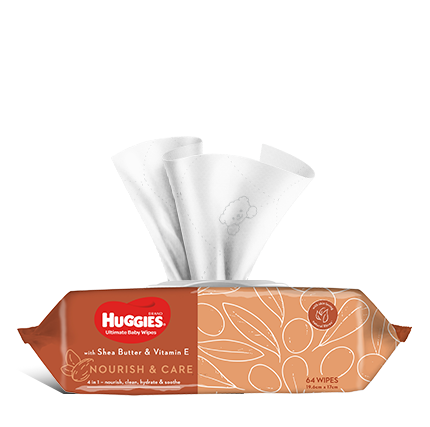What sort of reactions can my child experience?
If you have ever wondered why your local GP seems perplexed by a reaction your little one has had, this will help you will see why. Take a look at the symptoms for intolerance and compare them to allergy; they can be very difficult to tell apart without proper testing.
Symptoms of food intolerance
- Jittery behaviour, shaking, sweaty skin
- Heart flutters or palpitations, rapid breathing
- Tummy upsets, diarrhoea
- Burning or itchy feeling on the skin
- Headache
- Breathing difficulties
- Allergy-like reactions
Symptoms of food allergy
- Difficulty with breathing (e.g. wheezing and asthma)
- Diarrhoea, tummy upsets and cramps
- Sudden swelling, itching and burning in the body part that came in contact with the food
- Runny nose and hayfever
- Skin rash (e.g. eczema)
- Hives (urticaria small red itchy lumps on the skin)
- Nausea and possibly vomiting
What do I do if I think my child may be reacting to a food?
The best thing to do is visit your GP, nutritionist or dietitian to confirm your suspicion. Then, if needed, your doctor will organize a referral for testing. Diagnosing a food allergy will generally involve a thorough case history (family history, life history, diet and so on), physical examination and in many cases diagnostic testing as well dietary trialing.
Be careful with the advice of well-meaning friends and family or even professionals who don t specialise in child health. Your child's growth and development depends on accurate diagnosis and comprehensive dietary and lifestyle advice. Most specialists will ensure you go home with a bundle of recipes, fact sheets, helpful hints and lists of books and supportive groups and websites. Be cautious where someone has recommended restricting your little one's eating without compensating with other foods to ensure adequate nutrition.
Never be tempted to amend a child's diet without professional advice as restricting a child's diet can have serious health implications for fast-growing bodies.
Planning for infants and children who have a familial history of food allergies is best undertaken via a qualified health care professional. ASCIA state the following:
“Most of the time, children with food allergy do not have parents with food allergy. However, if a family has one child with food allergy, their brothers and sisters are at a slightly higher risk of having food allergy themselves, although that risk is still relatively low”.
If you suspect an allergy to a specific food, seek medical advice before introducing the food.?In children with confirmed cow’s milk and soy allergy, appropriate formula is available on prescription from your doctor. Please note that any dietary restrictions or modifications should be discussed and supervised by your doctor, who may also recommend a dietitian.
See more at www.allergy.org.au
This information has been provided by Leanne Cooper Director of Cadence Health and Food Coaching Courses, Leanne is a registered nutritionist and mother of two very active boys.
This fact sheet may be reproduced in whole or in part for education and non-profit purposes with acknowledgement of the source. It may not be reproduced for commercial use or sale.
The information presented is not intended to replace medical advice.
Updated July 2014.
Last Published* May, 2024
*Please note that the published date may not be the same as the date that the content was created and that information above may have changed since.




















